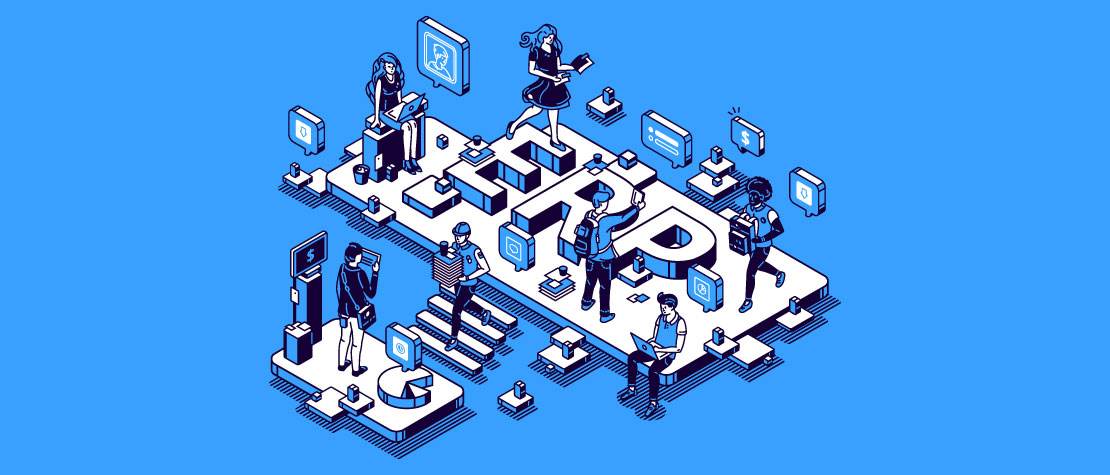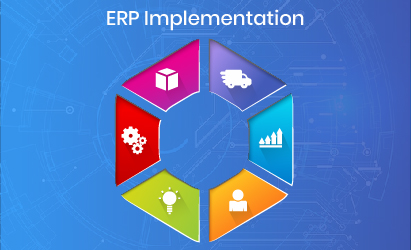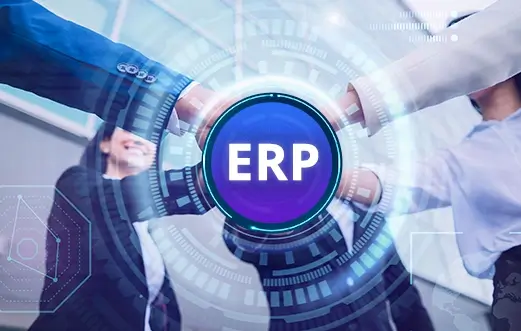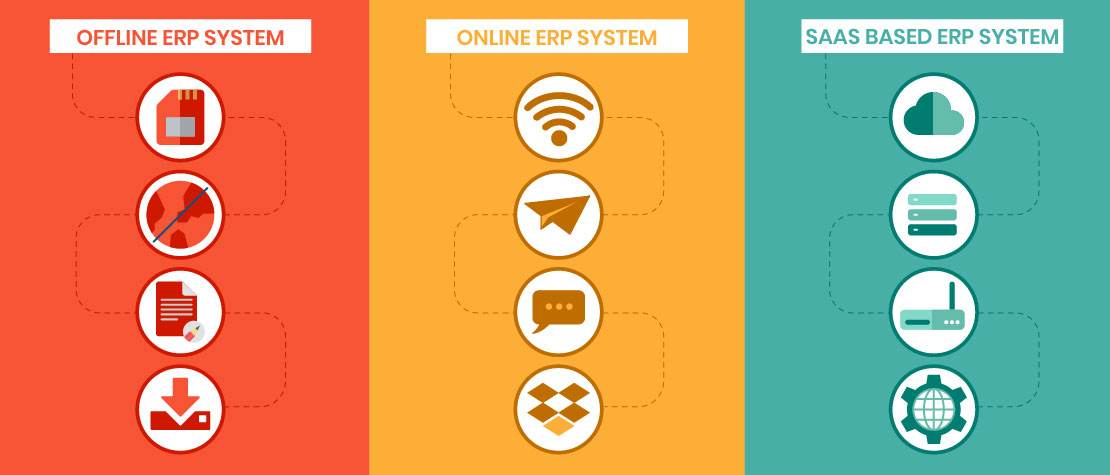Blog Detail

Why ERP implementation fails and how to avoid it?

Companies and businesses of different sizes have implemented ERP systems to improve their process efficacy, performance and data security. Indeed they have been able to realize enhanced performances in terms of record keeping, periodic financial reporting, data sharing as well as employee's work ability.
However, there are instances in which businesses have experienced failures during the implementation process of the ERP Solution. Here are some of the reasons why the installation or the implementation of the ERP Software fails and probable actions to avoid it.
Some of the top reasons include:
Poor selection of the ERP Software
As a result of the many vendors of the software having different features, businesses have ended up to choosing poor quality or uncertified solution. Thus, it is mandatory for businesses and companies to conduct proper research to establish the genuine vendors as well as the effective procurement approaches in the market.
Also, business owners need to be aware of the scammers in the market that sell 'fake' ERP software. Consulting a professional/Expert or buying it from the well known companies is best idea to avoid failures in ERP implementation.
Lack of clear communications
Since the implementation is a process done in phases, the ERP implementation team needs to be in contact regularly with the company or business team to ensure that all the steps are followed accordingly and accuracy otherwise it may lead to failure. The company and the ERP implementation team needs to work together closely to avoid this. Choose an ERP solution which has great tech support team.
Fear of Change
It is normal that human beings are resistant to change. With a new system coming in, most employees are always reluctant to accept and quickly adopt to change.
Reasons being the unwillingness to learn, job security concerns among others. This kind of resistance is a major blow to ERP implementation.
The management needs to involve the entire team of employees in the organization in decision making process. The top level management also needs to lead it by examples and experts. This will convince the mid and low level employees in the organization to accept the system.
They also need to prepare the employees on the new system, why? it will affect their routine activities and the efficiency of the system. And Employees will accept systems that will make their work easier and is user friendly.

Higher One-time Costs
Either you can opt to purchase the solution one time or decide to engage in the monthly payment structure. The latter has been deemed to be effective because it allows the business to collect the revenue for the payment. Depending on the delivery model, the implementation cost often vary.
The organization should acquire a system that is cost friendly and suites the company financial ability. The management should do their budgeting, forecasts and all the necessary financial consultations to ascertain the best system that suites their business.
Improper Implementation Technique
The ERP implementation needs to be done in phases. Businesses makes mistakes by implementing the solution at one time leading to failure of the processes.
The management should therefore, adopt a step by step implementation technique. The project management team should introduce the system in phases, preferably from the basics to the high notch functions.
And one of the hardest, confusing and time consuming work is to find a trusted place where you can get all the requirements fulfilled without any above mentioned risk, and the TheERPHub is the right place for that. It provides secure, reliable, scalable, affordable, integrated yet modular & customized solution which one can opt module by module.





















